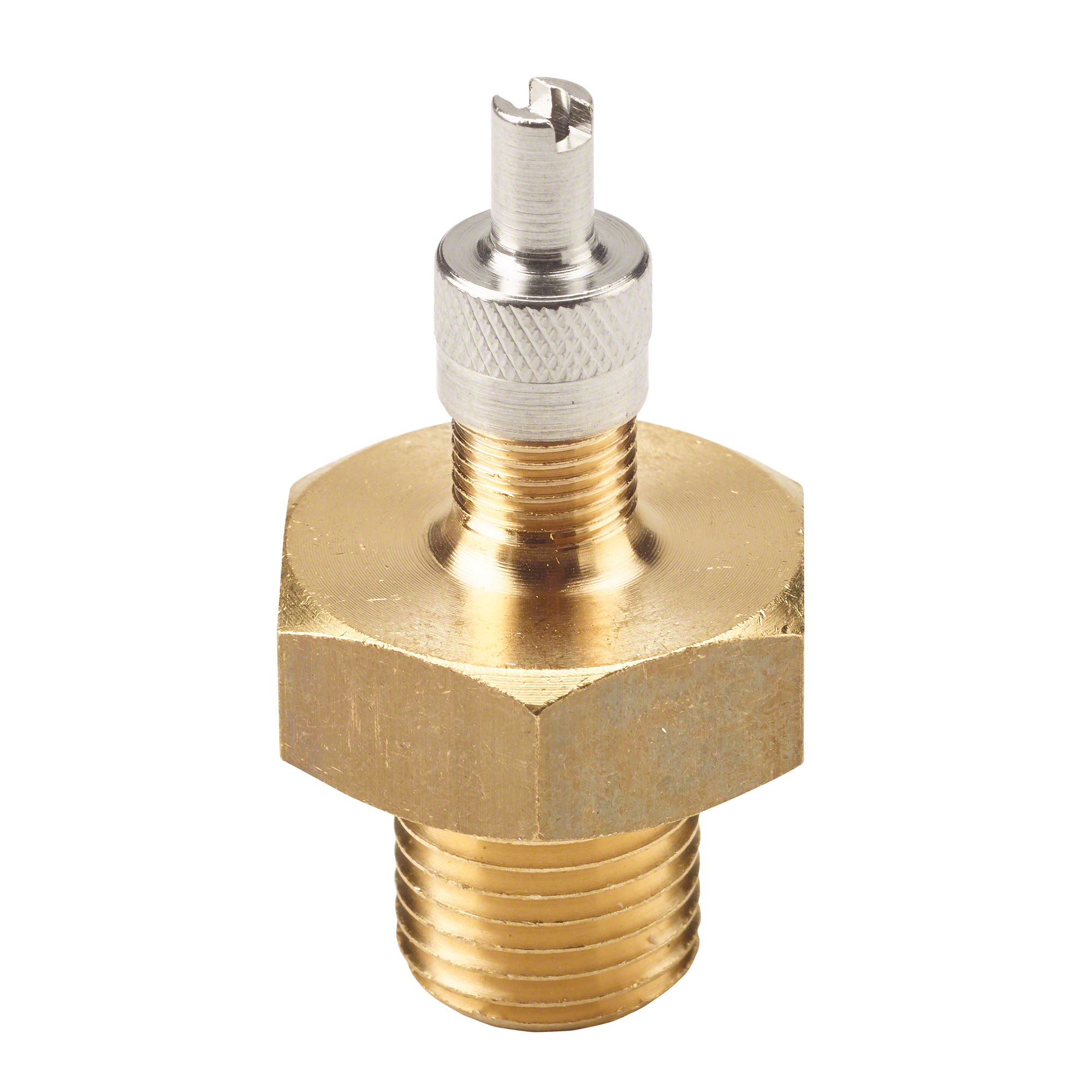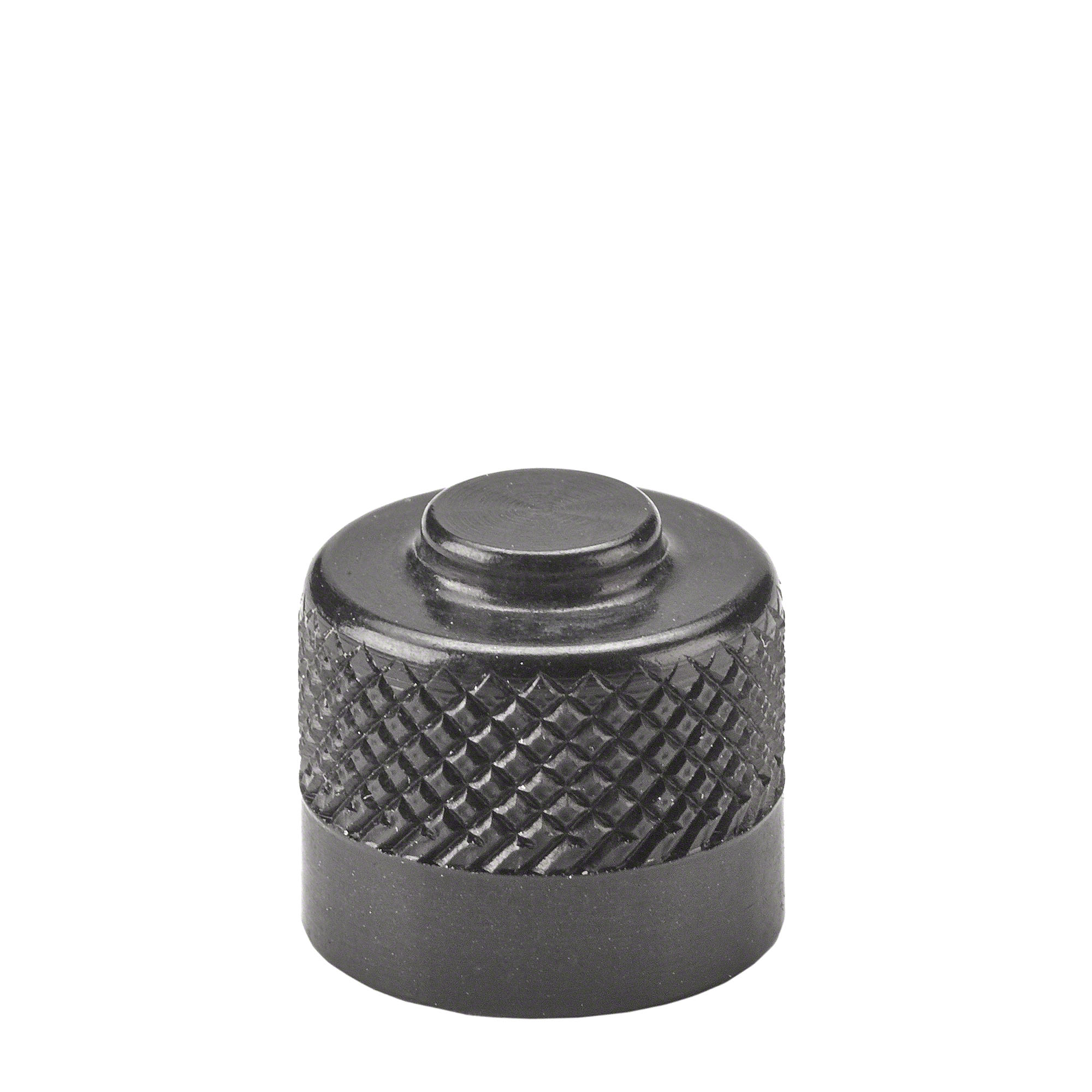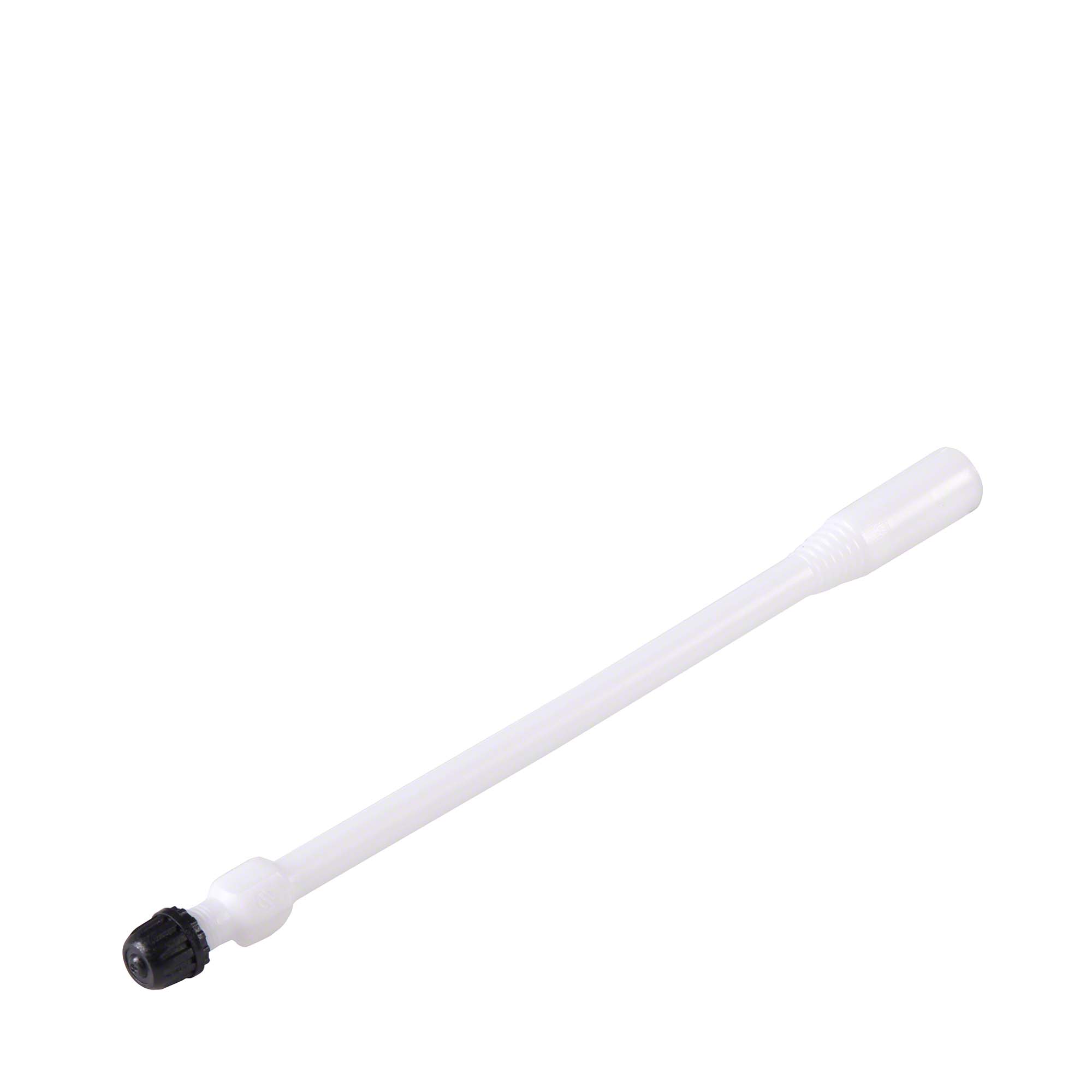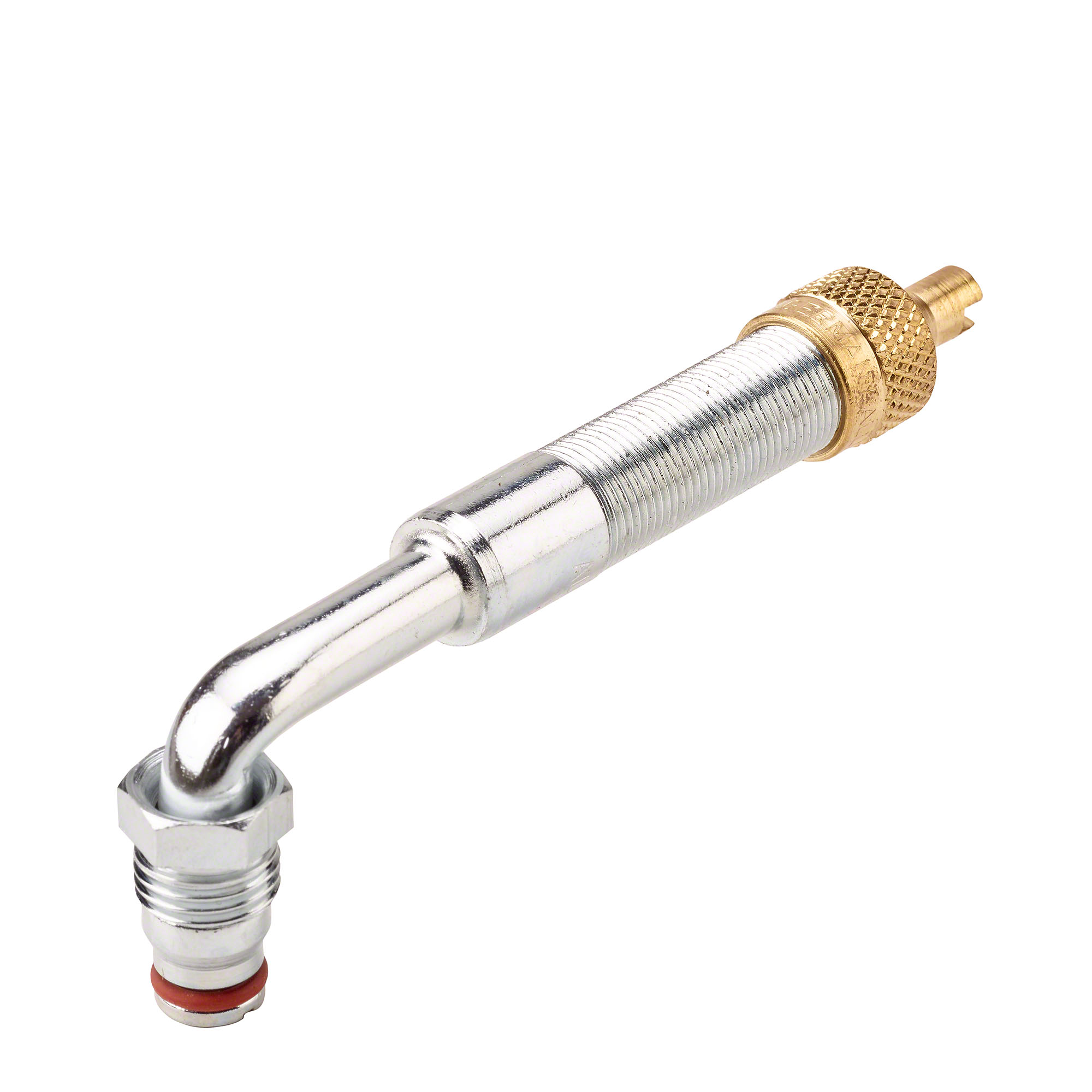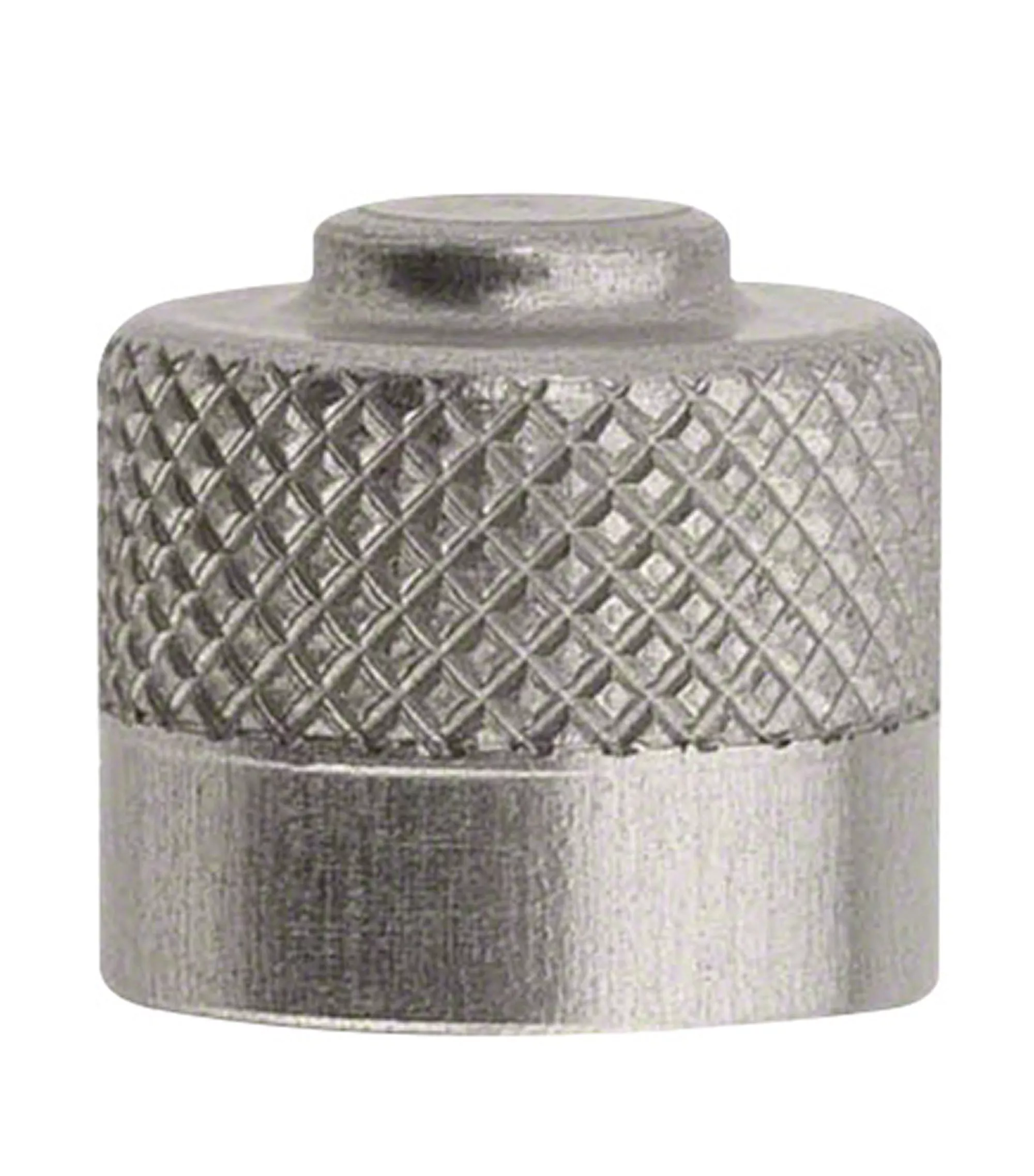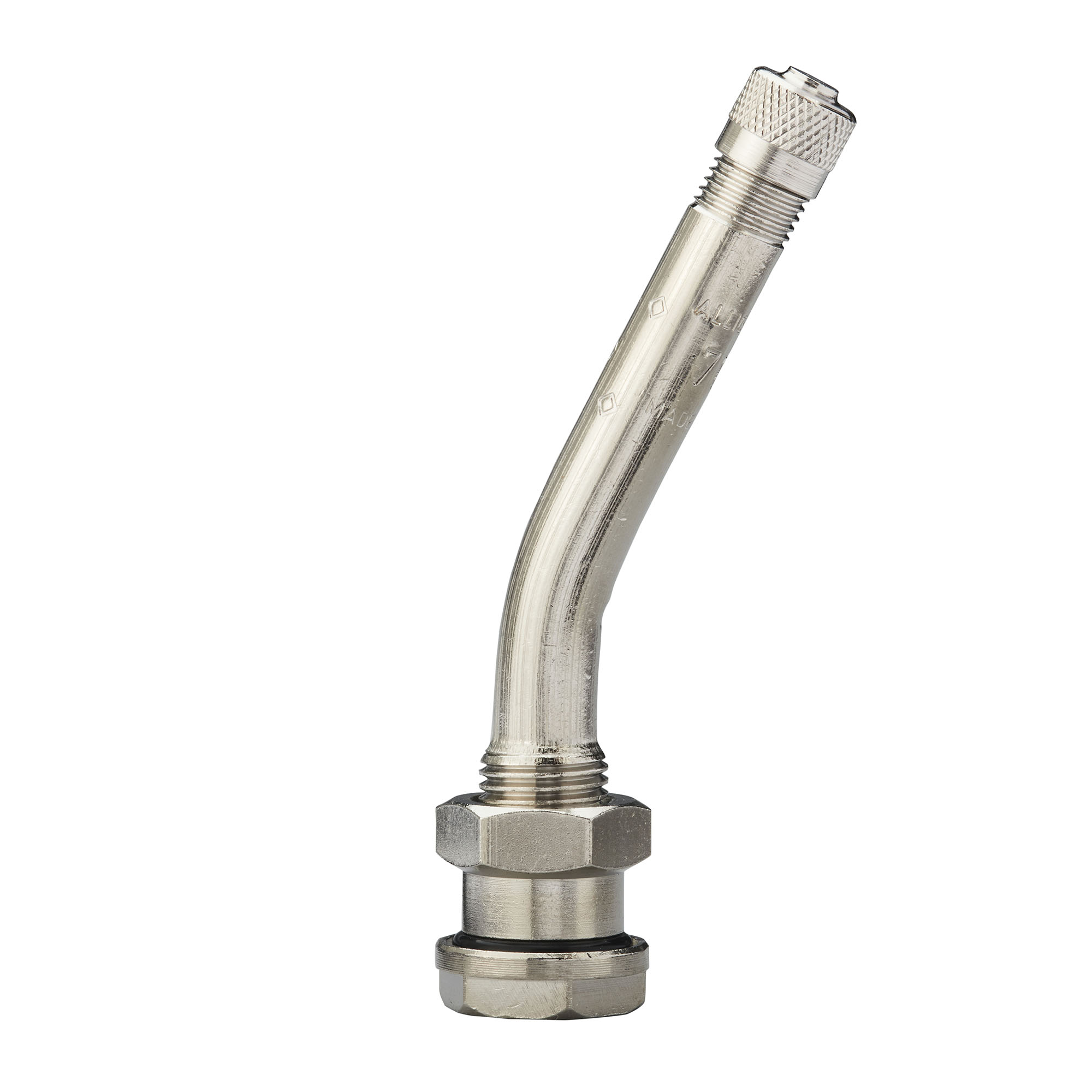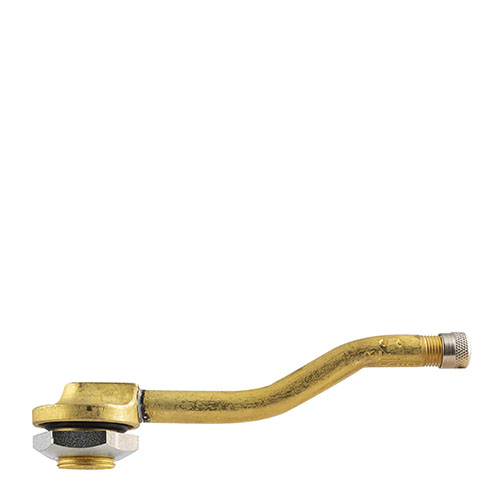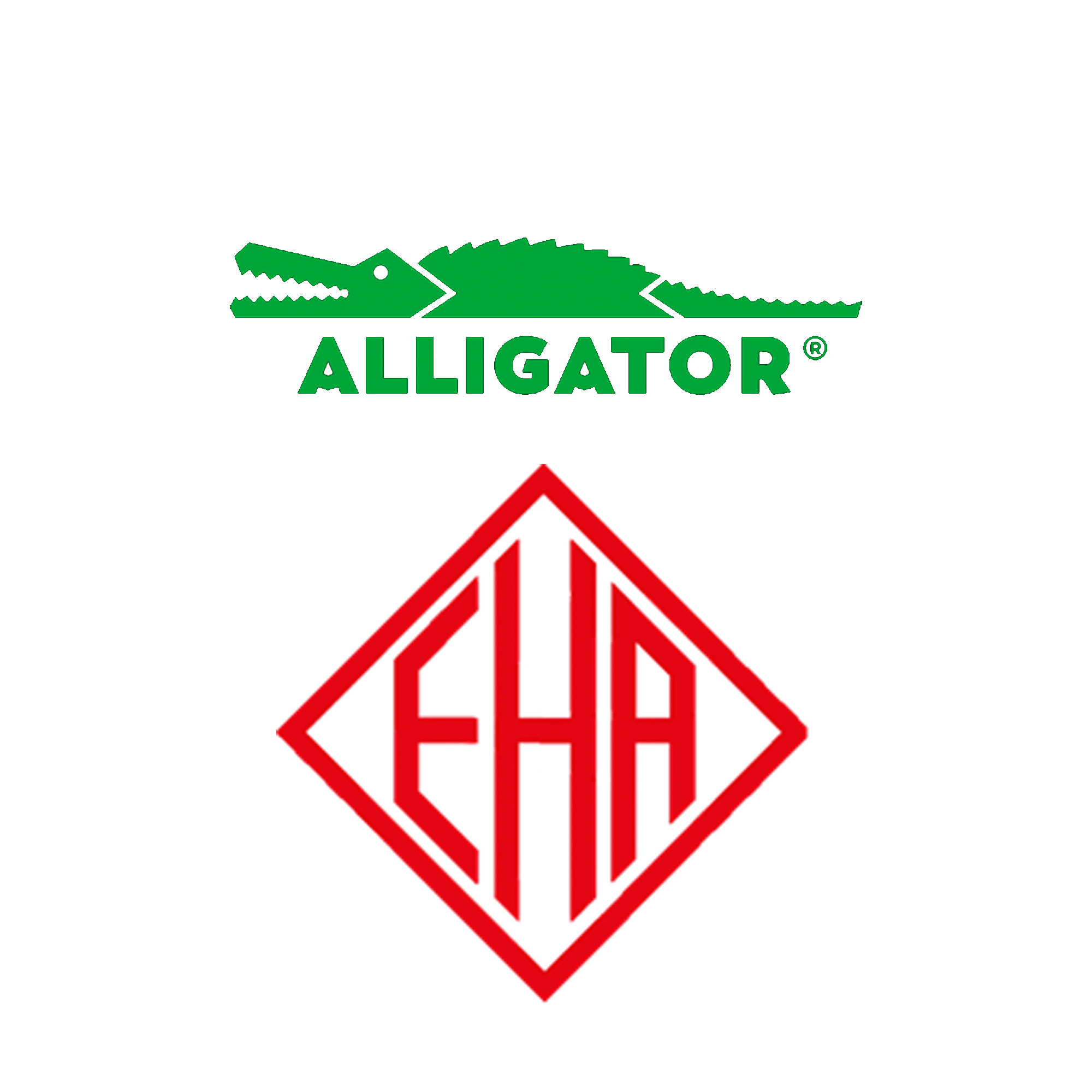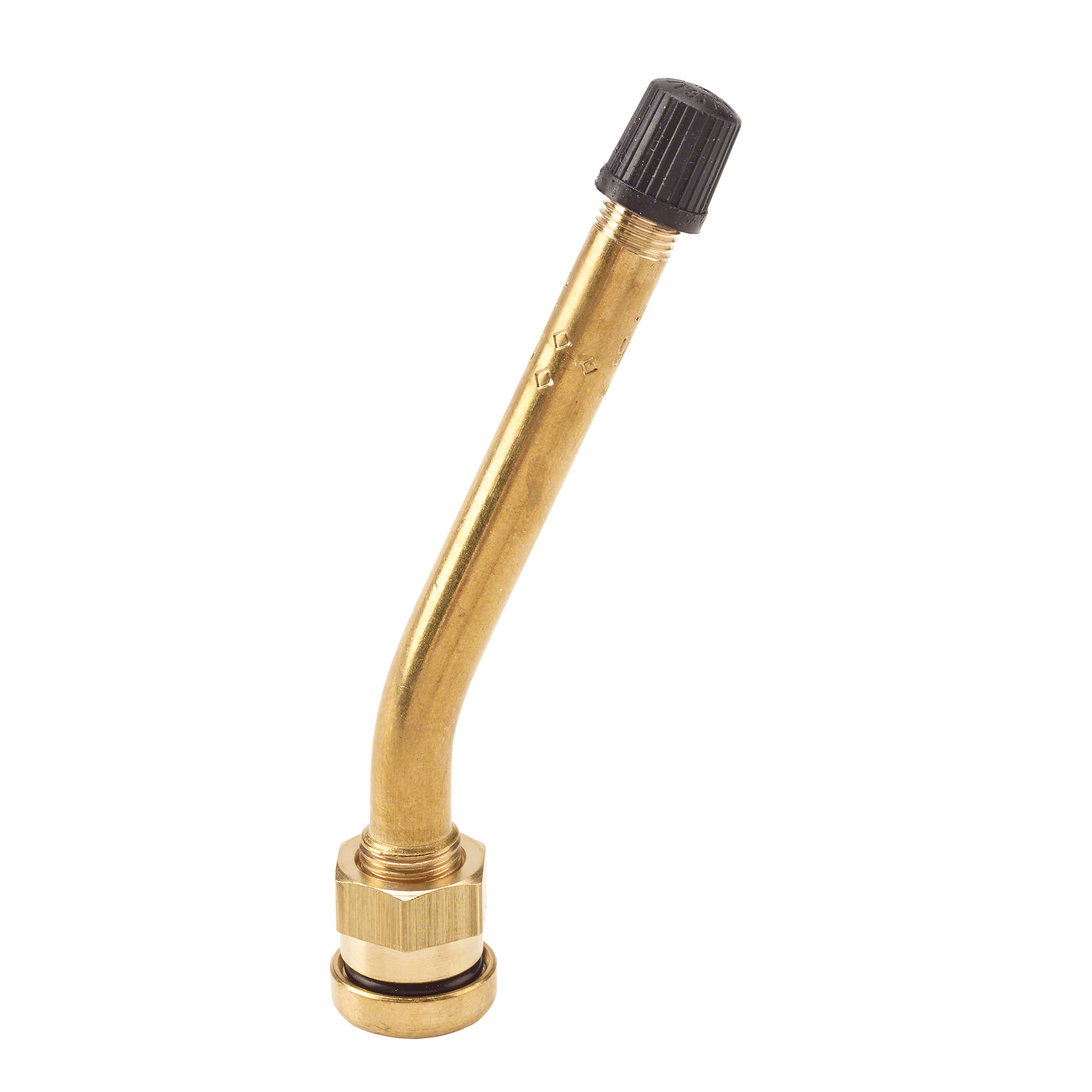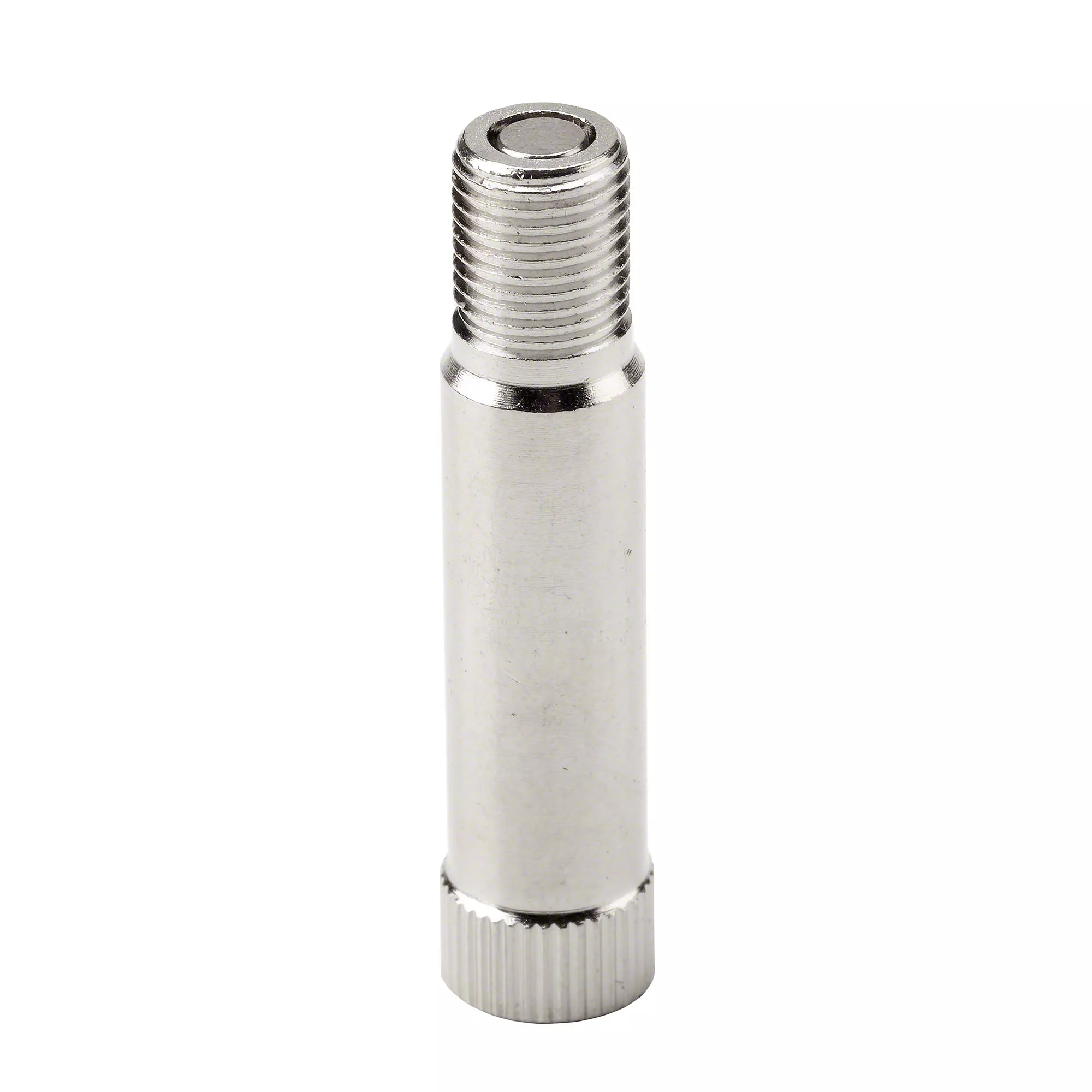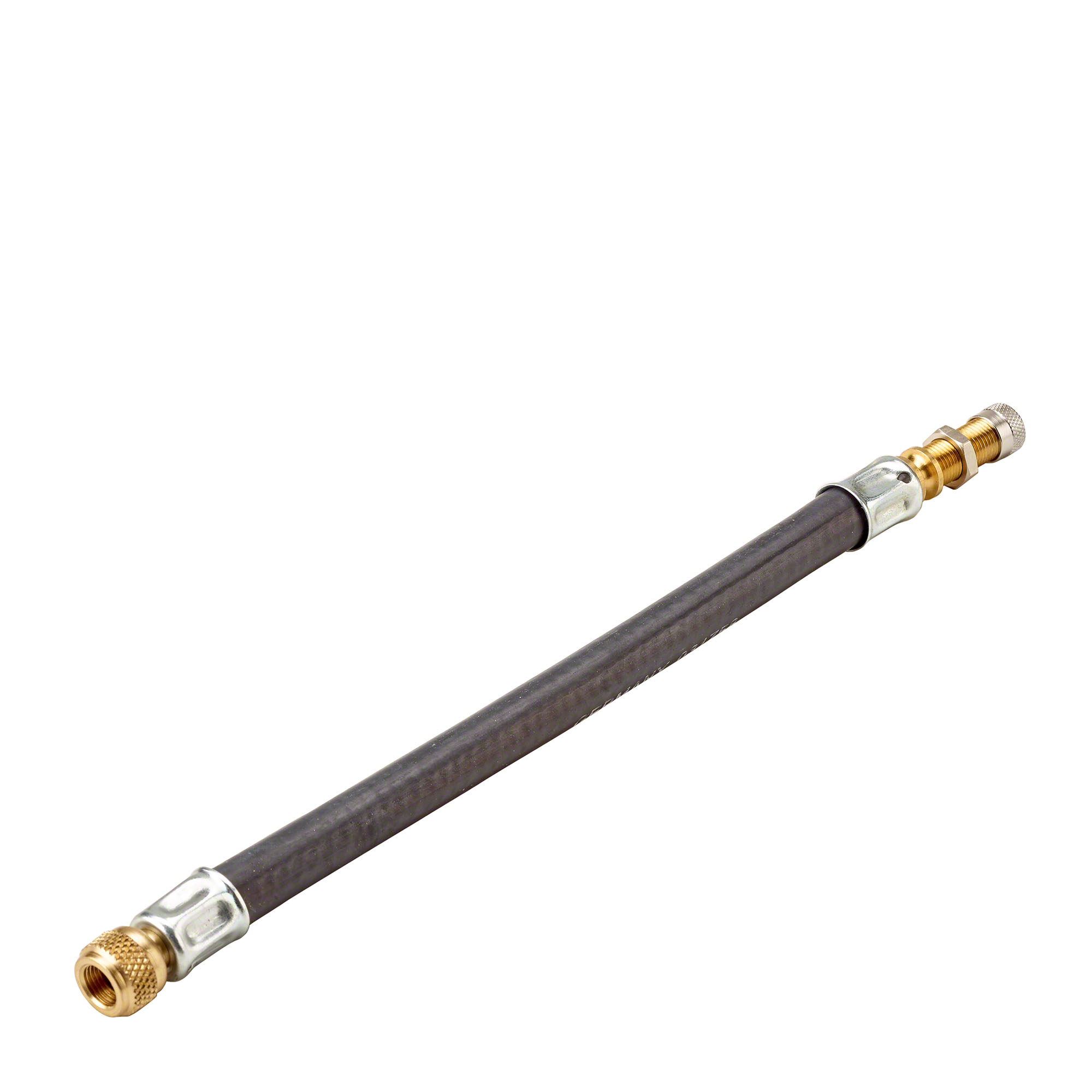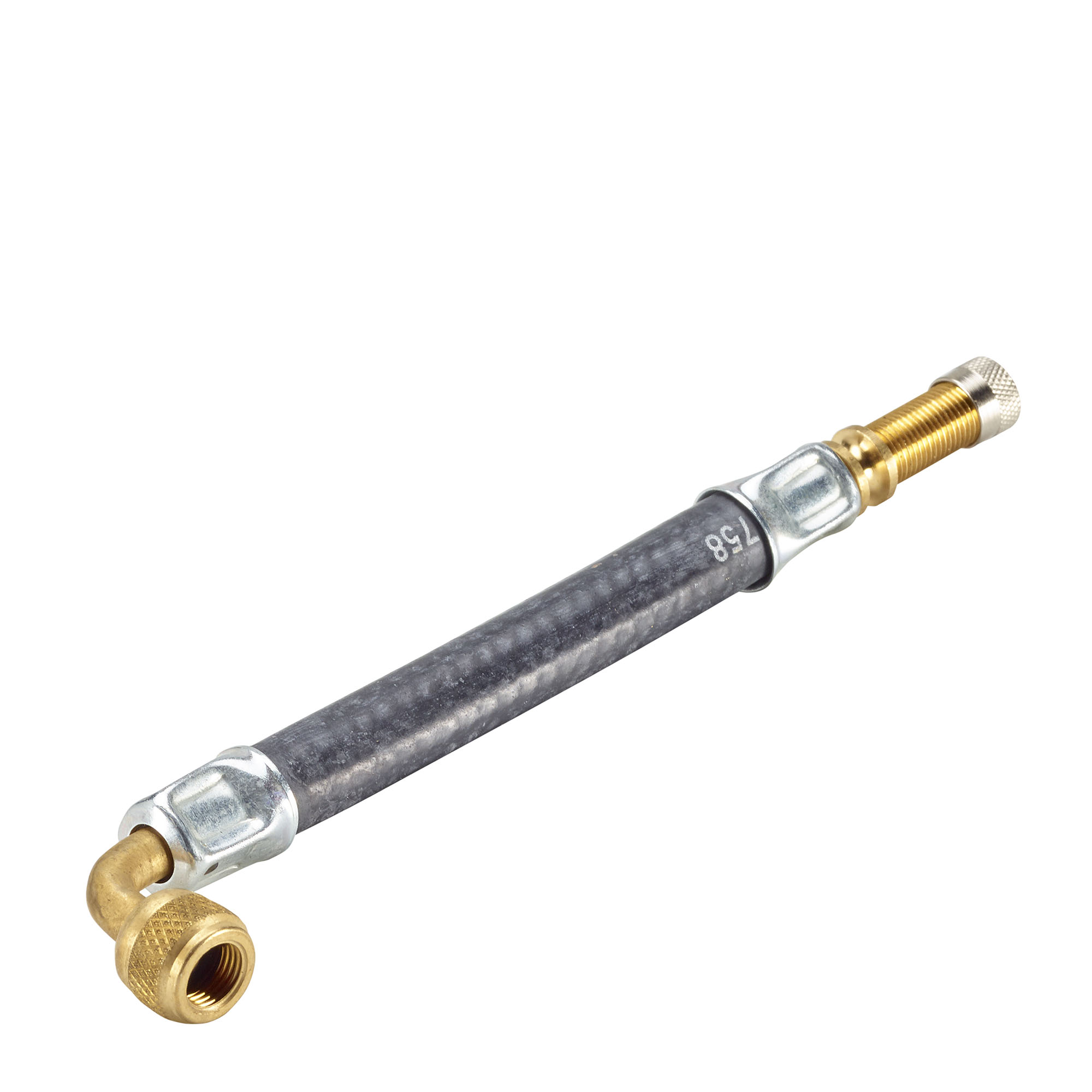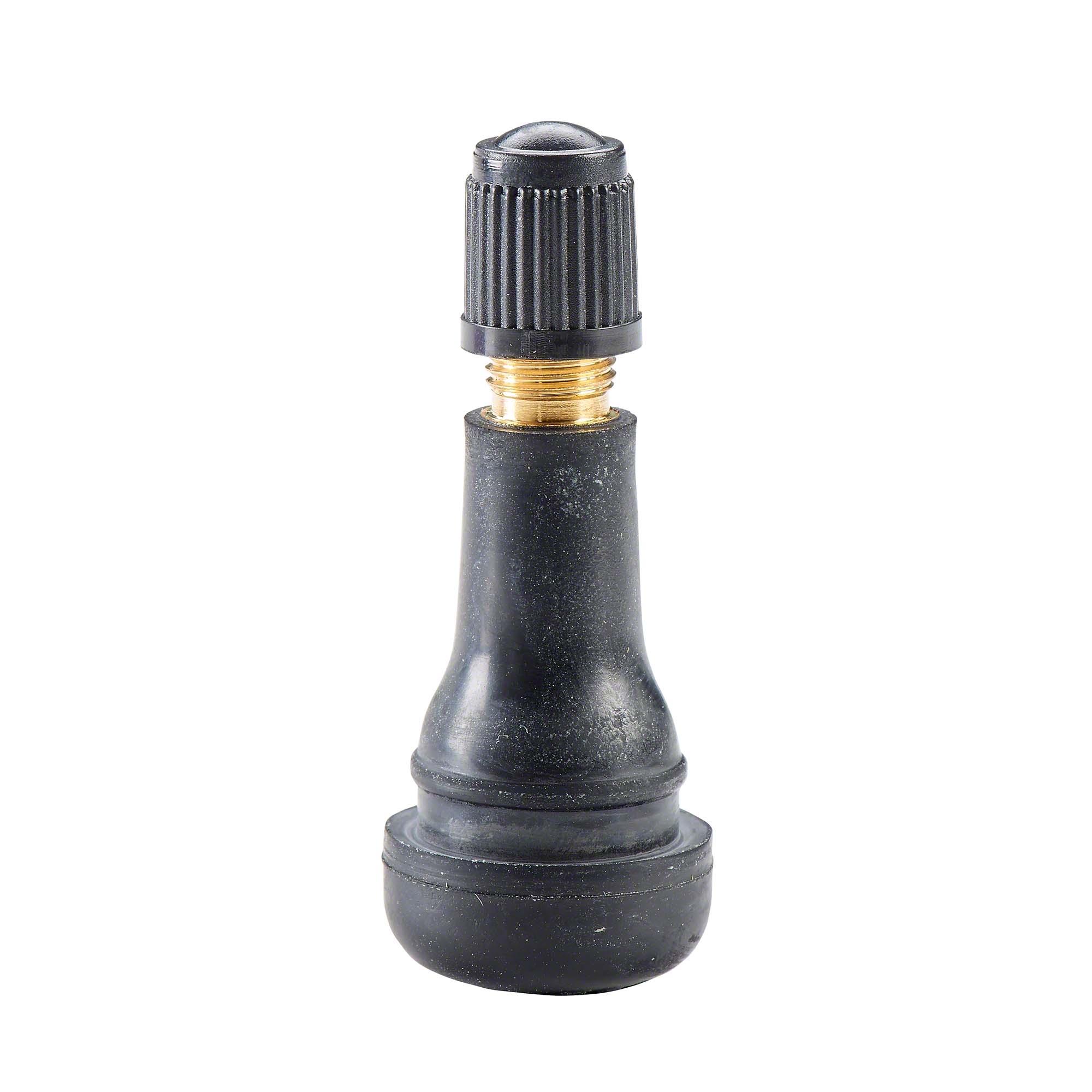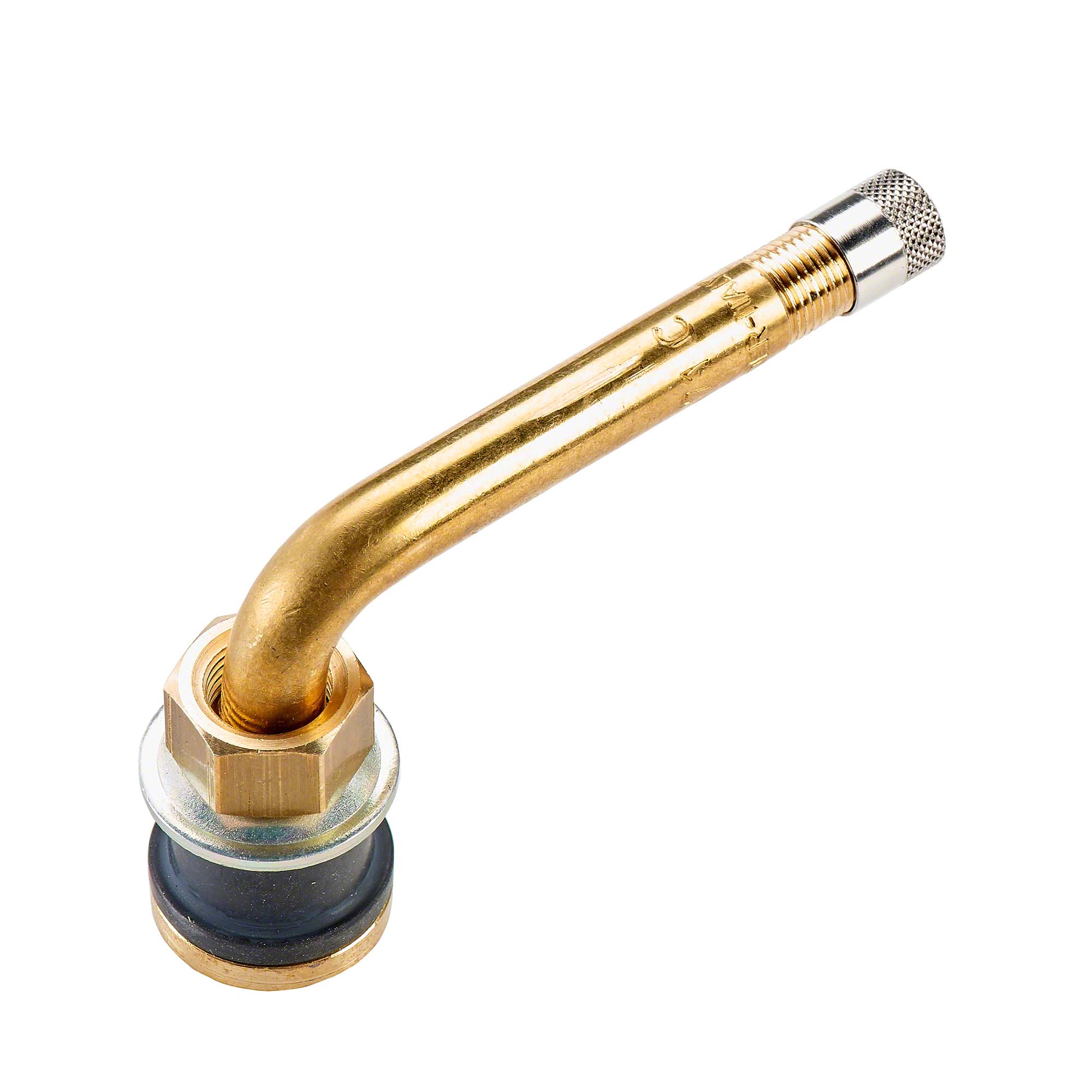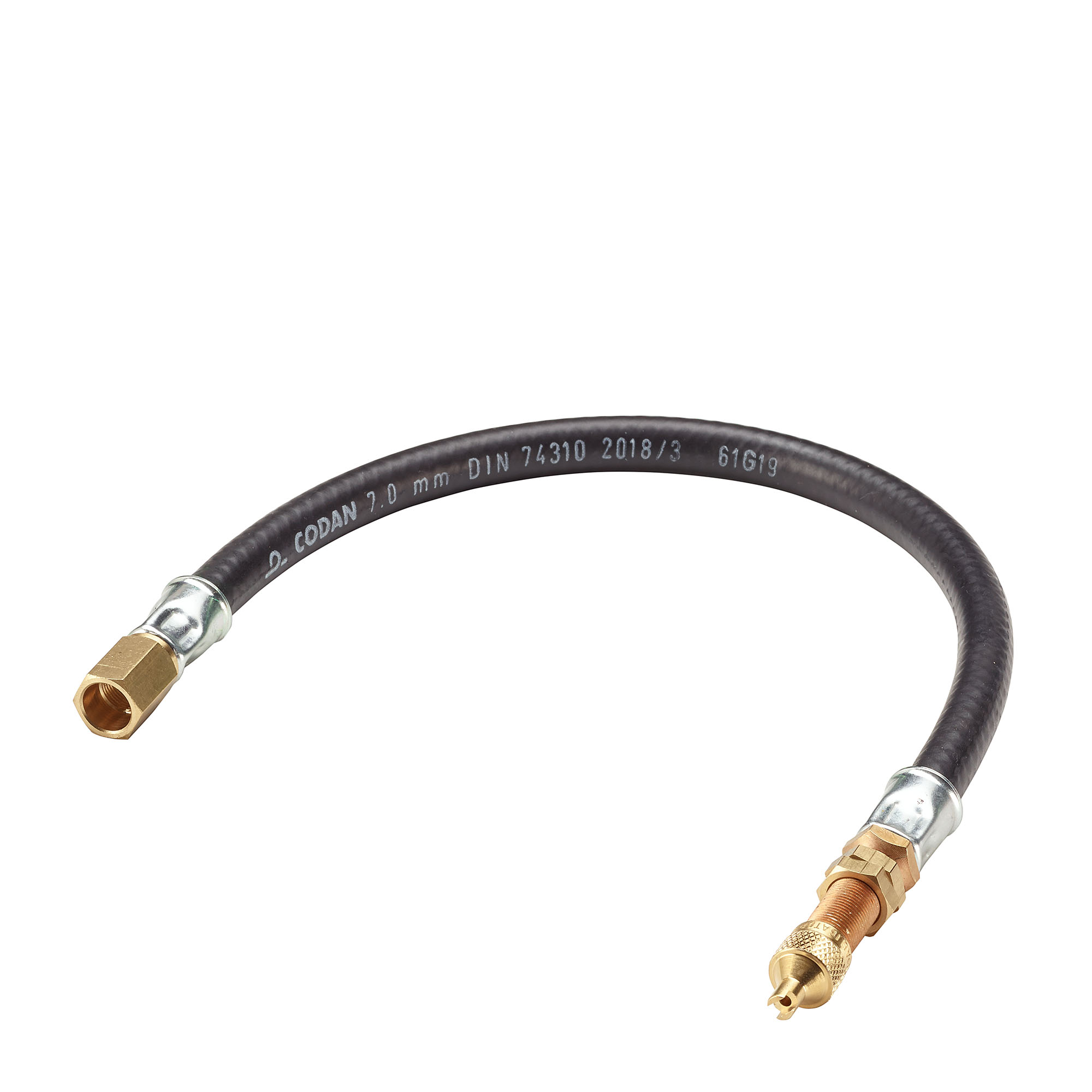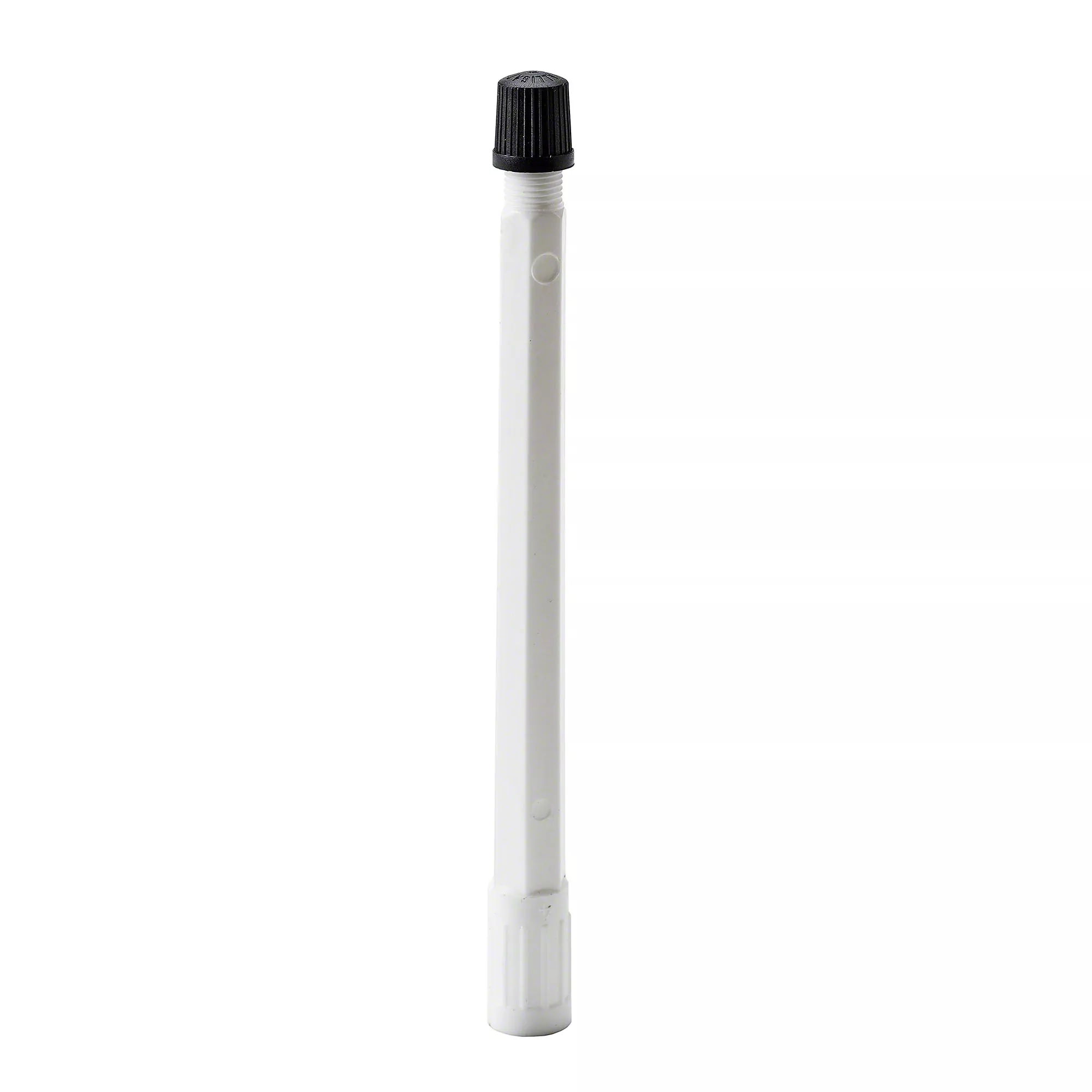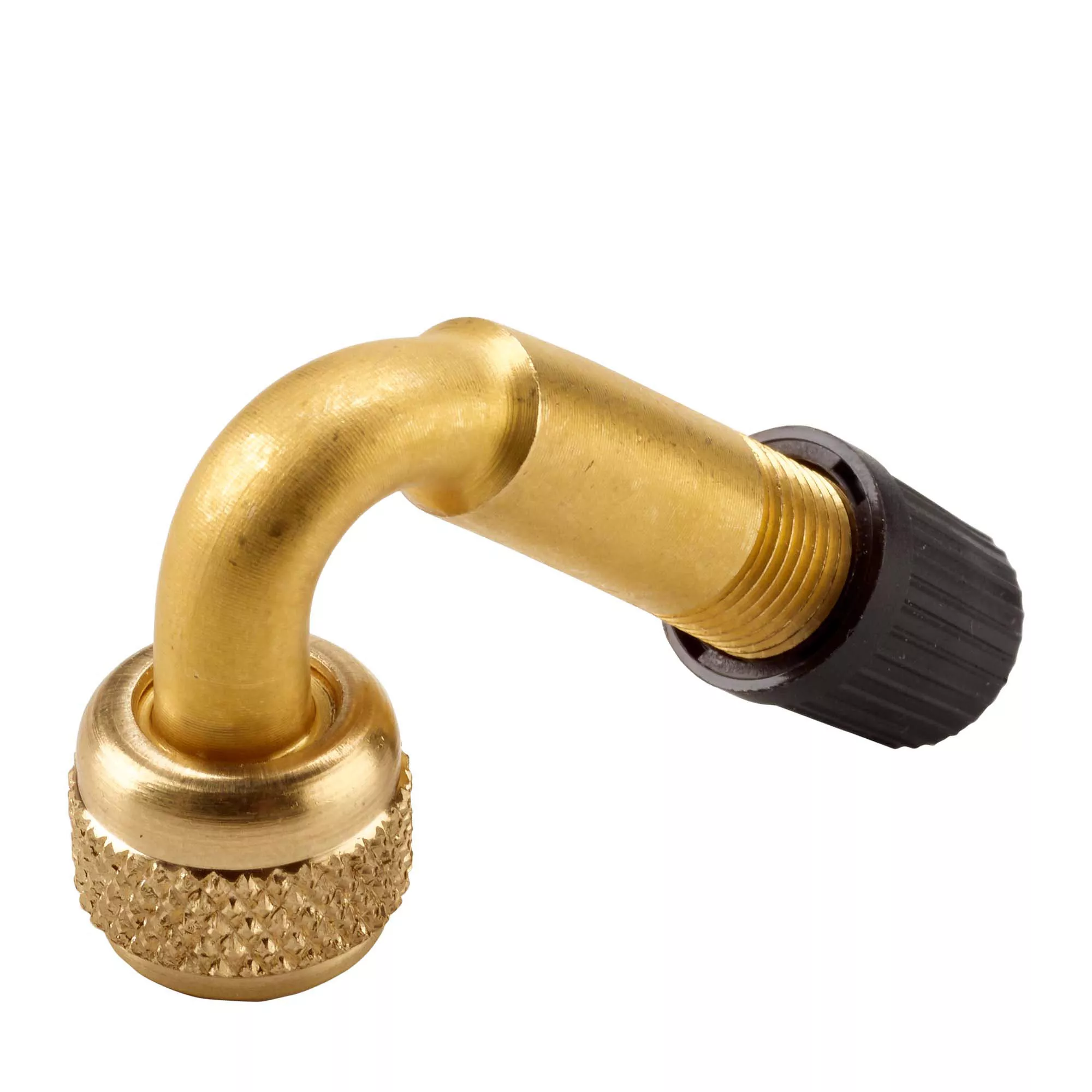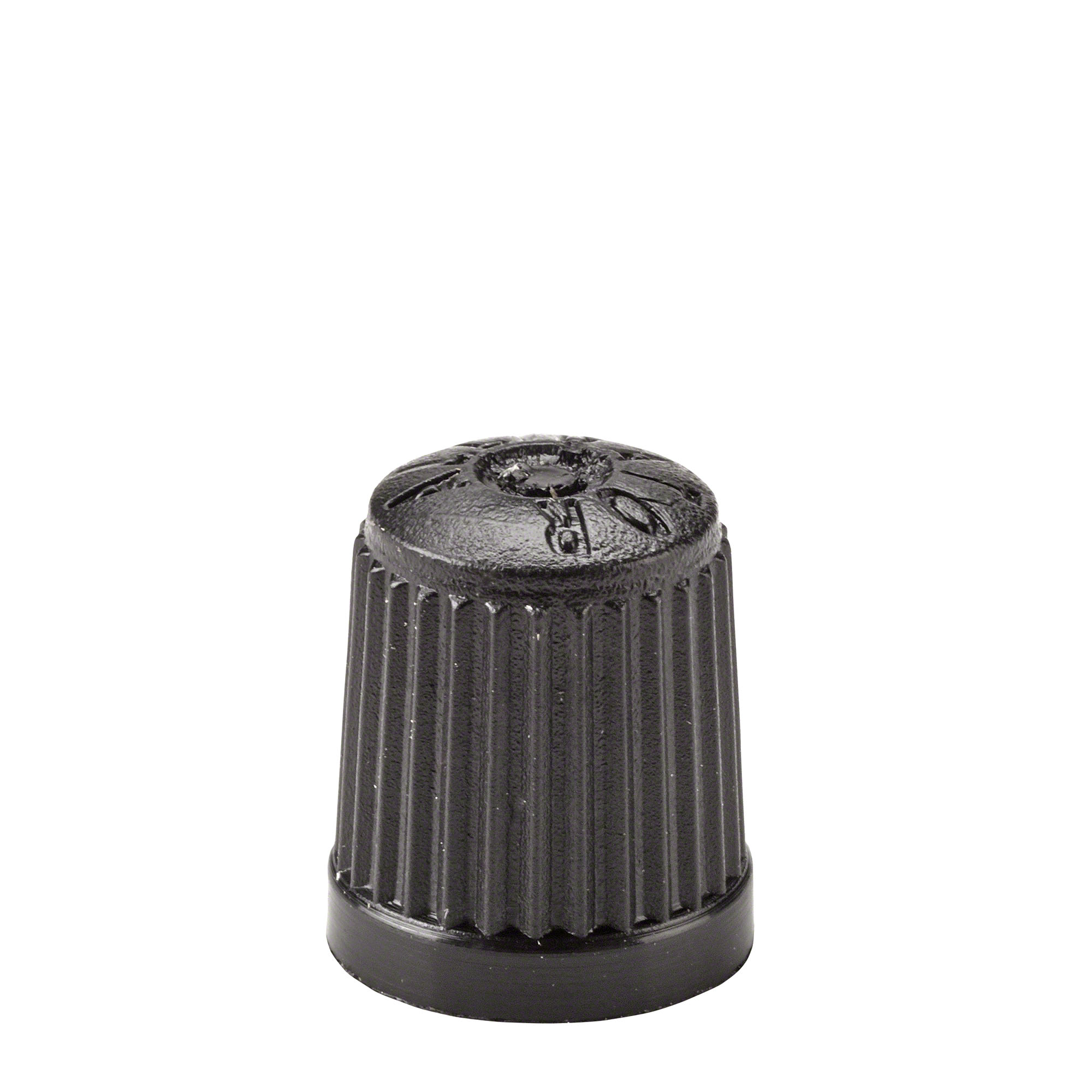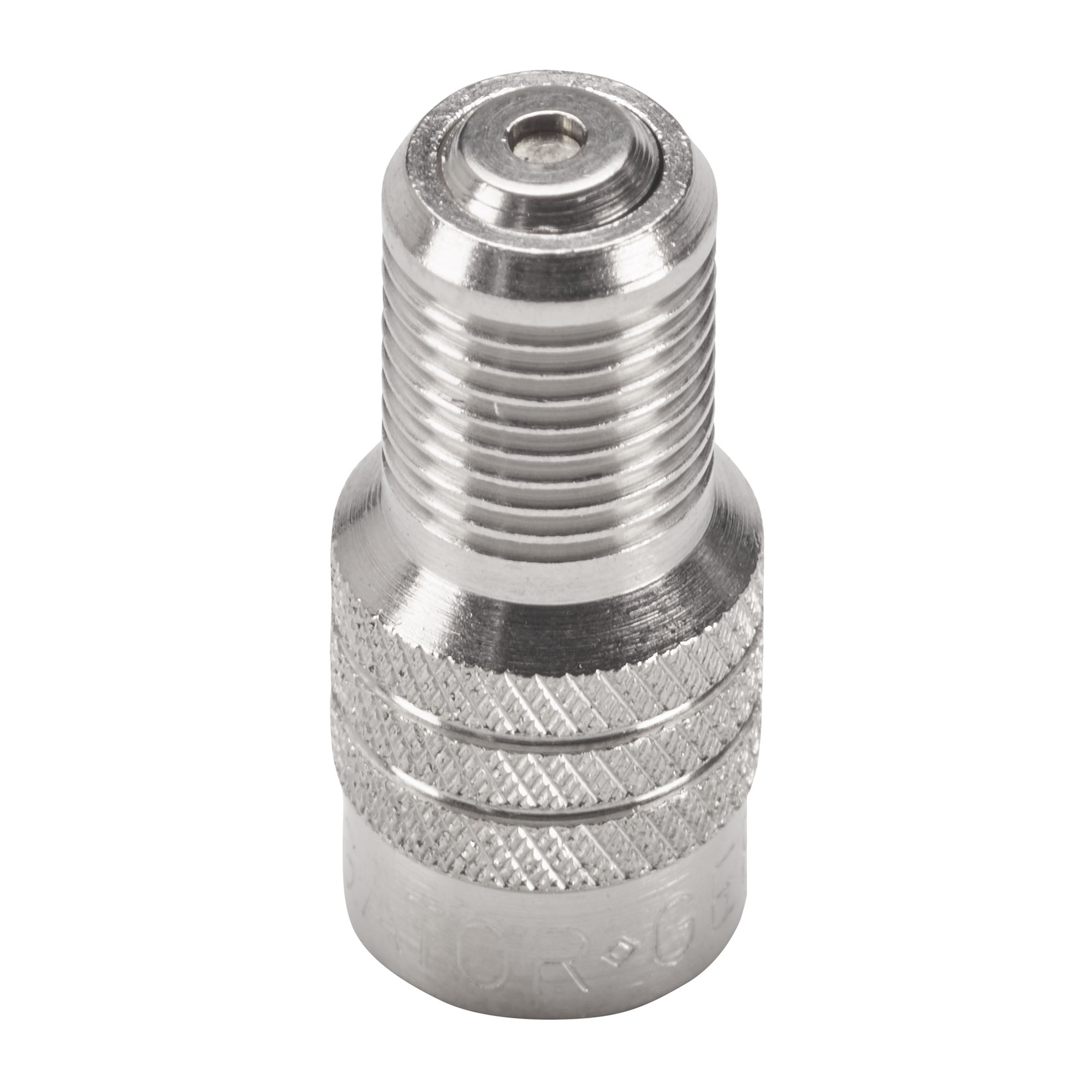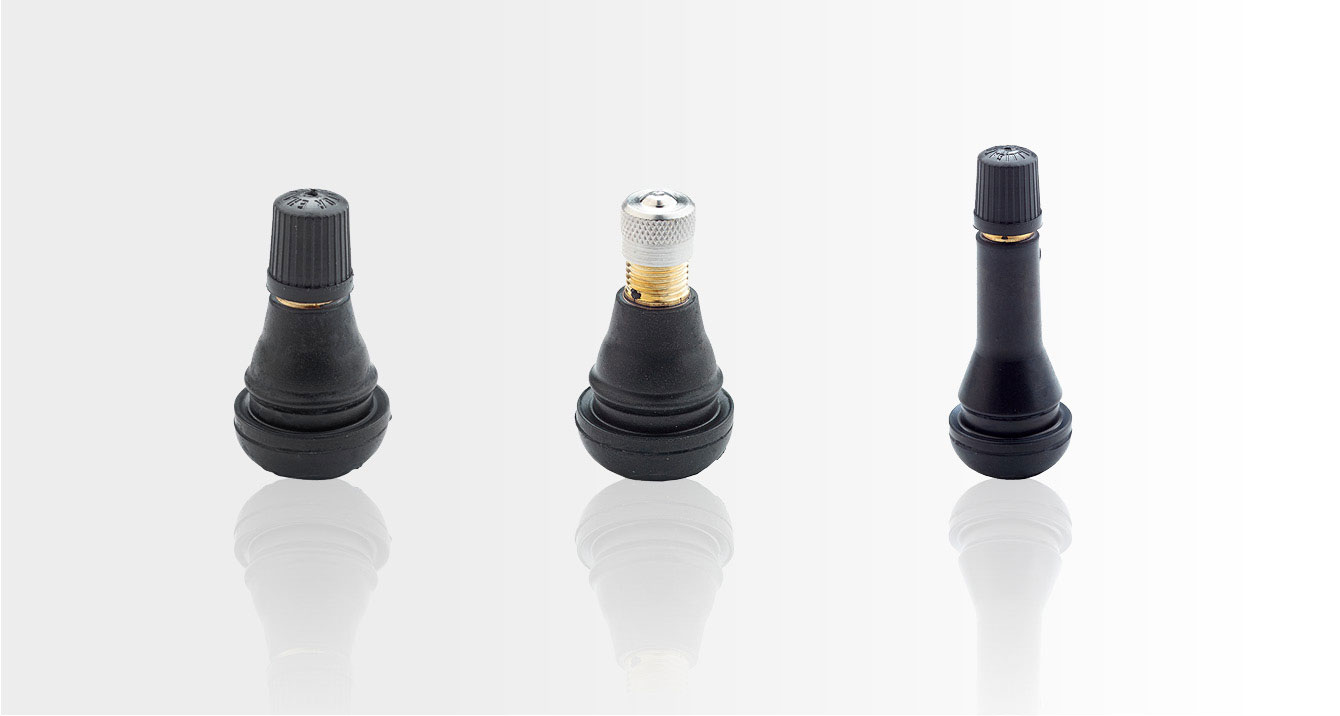
Valves
FAQ valves
1. What types of tyre valves are there?
2. Metal or rubber valves?
3. How often does a valve need to be changed?
4. What should be considered when fitting new tyre valves?
5. Do tyre valves have an expiry date?
Valves range
Valve extensions
Valve extensions are for extending conventional valves to provide better access to the valves and to facilitate air pressure control. They are not to be used together with rubber valves. Due to the design of the valve extensions, the valves are excellently protected against external damage. The product range in our B2B Partner Shop includes the classic car, truck and motorbike valve extensions in various materials and sizes.
Valve cores
Valve caps
Valve caps are considered a necessary safety component for tyres - they ensure greater driving safety and reduce driving costs. They maintain the correct air pressure in the tyres and prevent the loss of tyre pressure. Valve caps protect against gradual loss of pressure, dust and dirt Tyre pressure should be checked at regular intervals and the valve caps inspected for external damage. In the event of a loss of air pressure, the valve caps should be checked first, followed by the valve insert, the entire valve and finally the entire tyre. In our assortment, we offer you not only valves but also the corresponding valve accessories, such as valve caps. We have valve caps for cars, vans, trucks, motorbikes, scooters, tractors and construction machinery. We offer the valve caps in different colours and in various materials. For the production of the valve caps, we use high-quality materials such as EPDM rubber, which has a high resistance to ozone, sunlight and chemicals.

